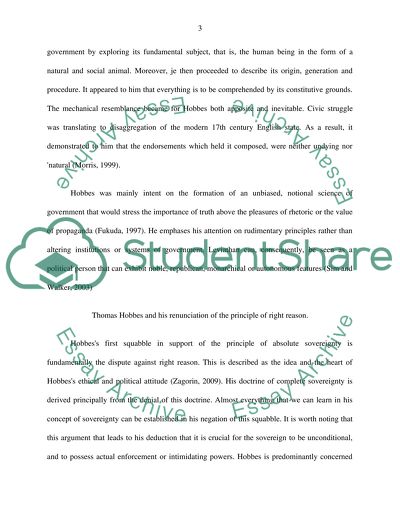Cite this document
(“What does Hobbes mean by sovereignty Is his understanding of this Essay”, n.d.)
What does Hobbes mean by sovereignty Is his understanding of this Essay. Retrieved from https://studentshare.org/history/1496437-what-does-hobbes-mean-by-sovereignty-is-his
What does Hobbes mean by sovereignty Is his understanding of this Essay. Retrieved from https://studentshare.org/history/1496437-what-does-hobbes-mean-by-sovereignty-is-his
(What Does Hobbes Mean by Sovereignty Is His Understanding of This Essay)
What Does Hobbes Mean by Sovereignty Is His Understanding of This Essay. https://studentshare.org/history/1496437-what-does-hobbes-mean-by-sovereignty-is-his.
What Does Hobbes Mean by Sovereignty Is His Understanding of This Essay. https://studentshare.org/history/1496437-what-does-hobbes-mean-by-sovereignty-is-his.
“What Does Hobbes Mean by Sovereignty Is His Understanding of This Essay”, n.d. https://studentshare.org/history/1496437-what-does-hobbes-mean-by-sovereignty-is-his.


